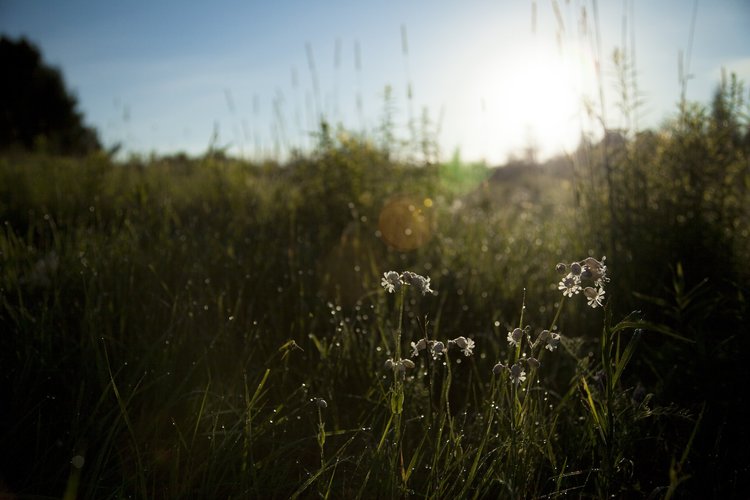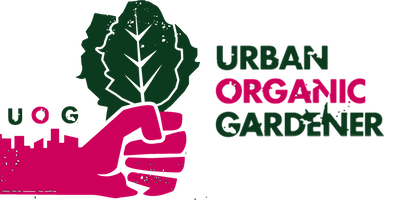
“In the Kensington neighborhood of Philadelphia, locals stroll through Greensgrow Farms. A couple picks up baby spinach and collard greens grown on site, while a few teenagers greet Milkshake, the farm’s resident pet pig. Neighbors ask each other for recipe ideas as they reach for bundles of fresh herbs. Looking in on this lively urban farm, it is hard to believe that just over 20 years ago this space was nothing more than a vacant lot in a forgotten space.
The chances that more urban farms will grow in the city’s empty lots improved dramatically with the recent launch of the Philadelphia Land Bank, which makes it much easier for the city to transfer its 8,700 vacant lots into private ownership. How easy? It costs about $1 to acquire the vacant lot next door, plus closing fees. Says Mayor Michael Nutter, “We would have liked to have had this about a decade ago.”
Vacant lots, which account for roughly 16.7 percent of large U.S. cities’ land area, have long been perceived as eyesores. Many are unkempt, empty hunks of land between buildings that all too often become sites choked with litter, contaminated by asbestos, lead, and arsenic, and breeding grounds for disease-carrying animals like rats. But more cities are seeing in vacant lots an opportunity to revive neighborhoods.”
READ THE FULL ARTICLE AT: “AlterNet.org“




















